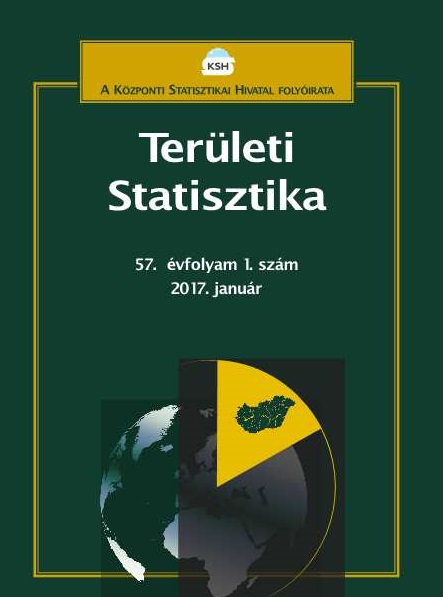Entrópia-dekompozíció és a vállalatok kapcsolati közelsége a hazai várostérségekben
Entropy-Decomposition and Relational Proximity in Hungarian Urban Areas
Author(s): Izabella Szakálné Kanó, Balázs Lengyel, Zoltán Elekes, Imre LengyelSubject(s): Social Sciences, Economy, Geography, Regional studies
Published by: Központi Statisztikai Hivatal
Keywords: entropy-decomposition; relation proximity; firms; urban areas
Summary/Abstract: The analysis of agglomeration economies is a central research topic of regional science. It is a fundamental question whether specializa-tion or diversity is more beneficial for the economic growth of regions. Related variety, a new technique based on entropy-decomposition for analysing agglomeration, gave new momentum to the discussion about specialization and diversity. In this paper we make an attempt to adapt the entropy-decomposition-based modelling of agglomer-ation to the Hungarian dual economy setting. To do so we rely on a database linked to the tax declaration of companies with double-entry bookkeeping in manufacturing indus-tries between 1996 and 2012 made available by the Hungarian Central Statistical Office. The spatial units of our investigation were agglomerations around major settlements in Hungary. Our results showed that related va-riety of foreign-owned companies had a posi-tive effect on firm entry earlier than that of home-owned firms. This pattern underlines the findings of previous studies on the domi-nant effect of foreign direct investment in the regions of transition economies.
Journal: Területi Statisztika
- Issue Year: 57/2017
- Issue No: 03
- Page Range: 249-271
- Page Count: 23
- Language: Hungarian

